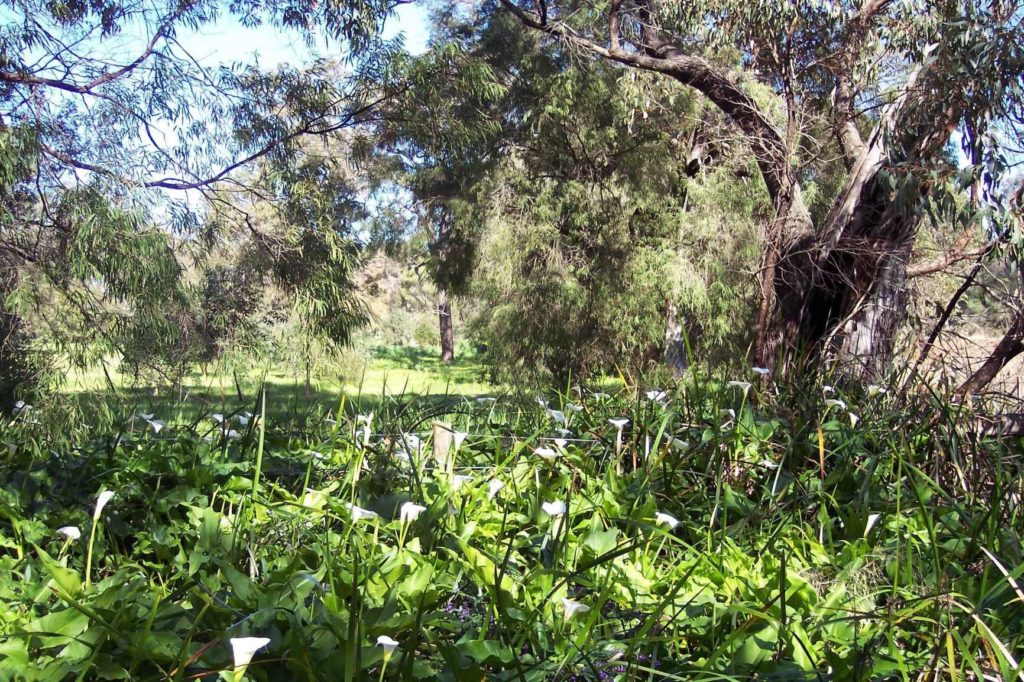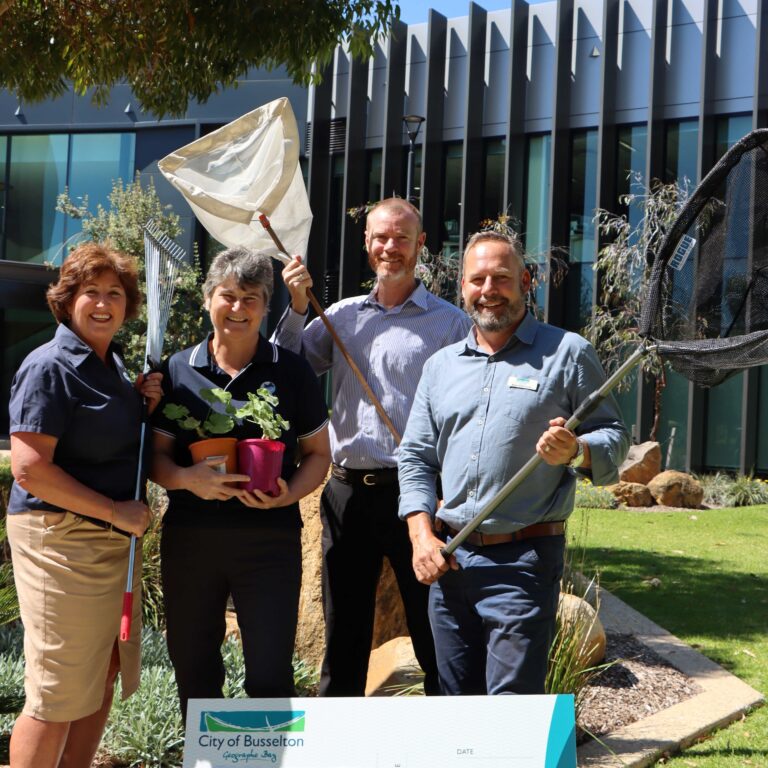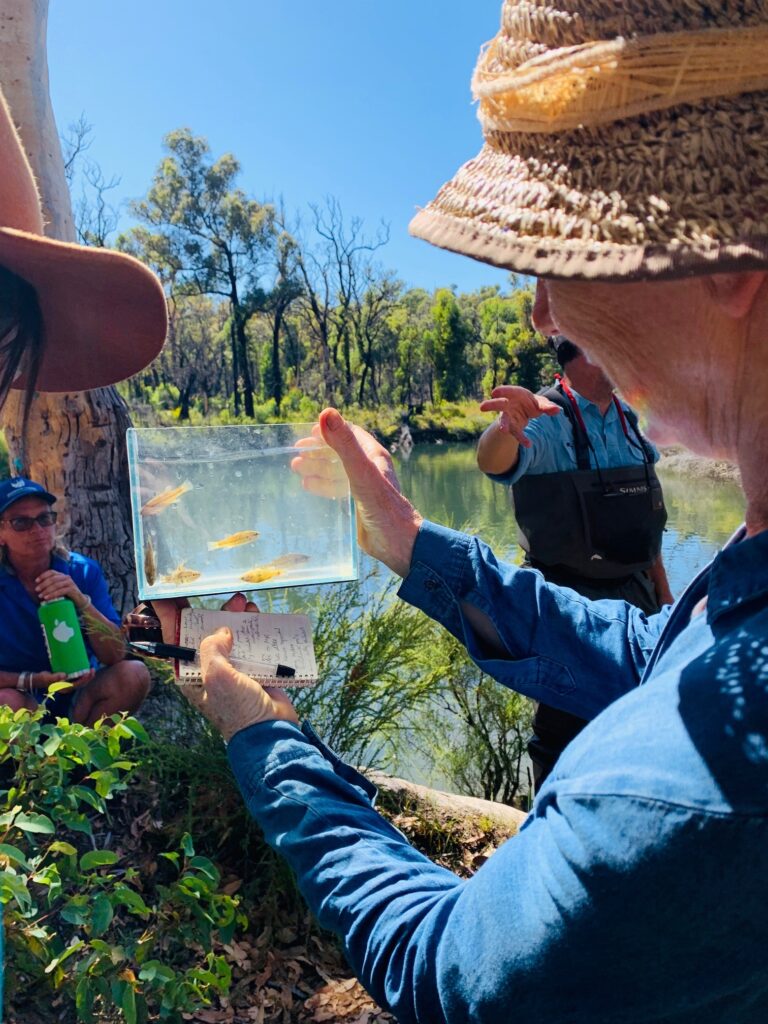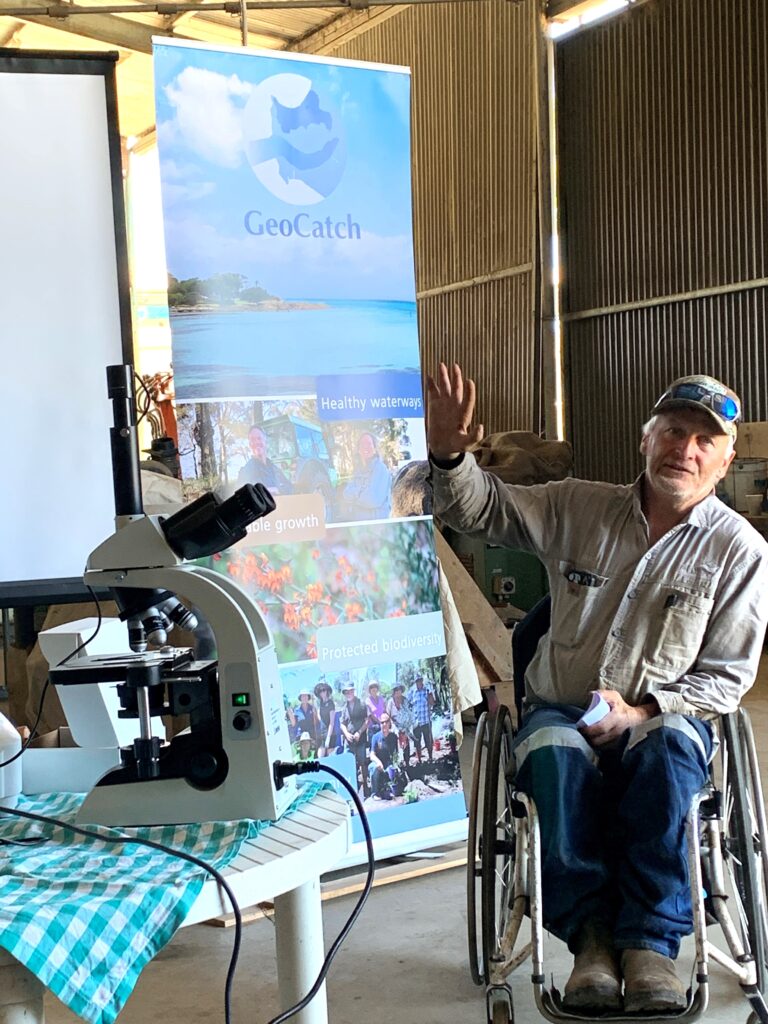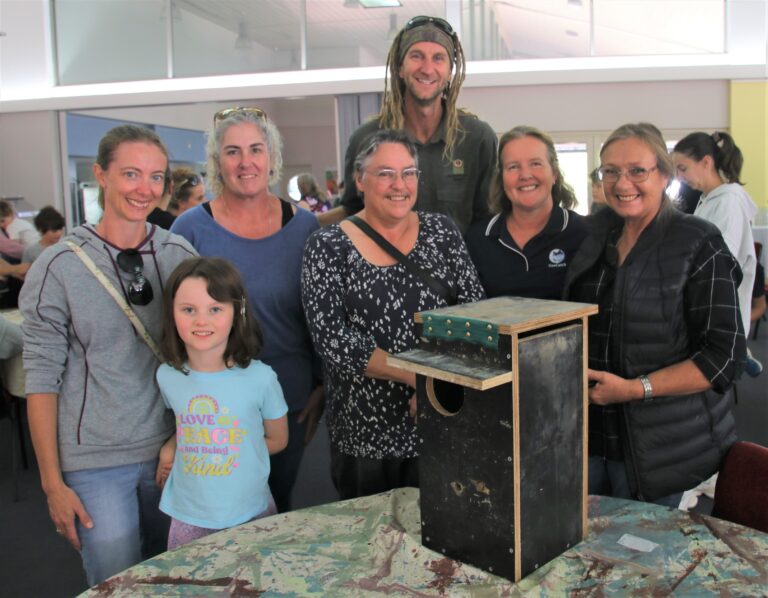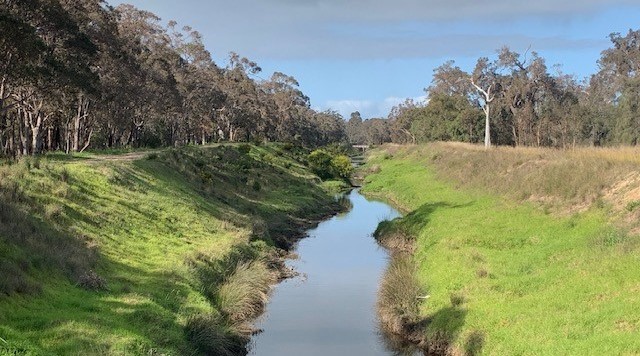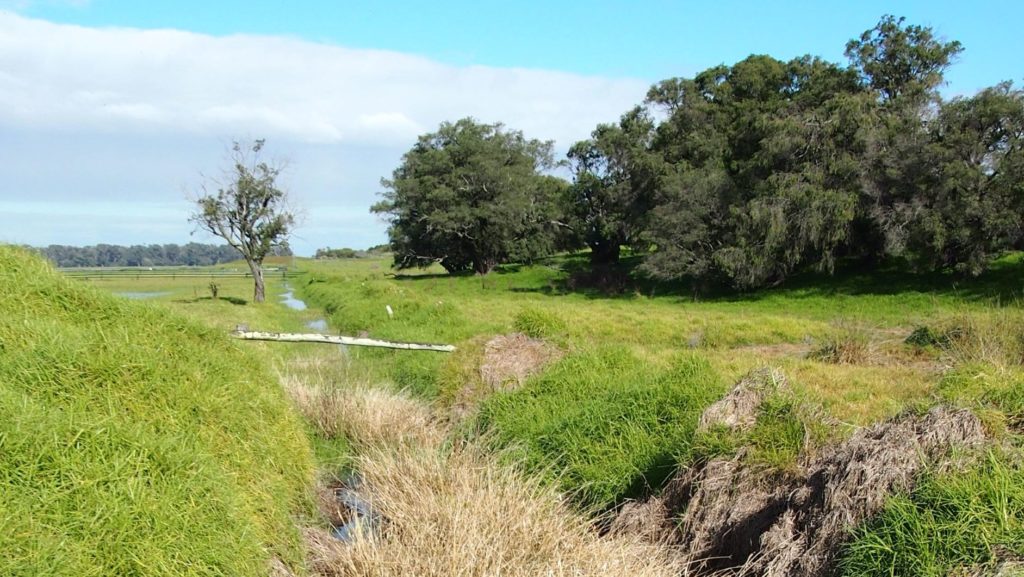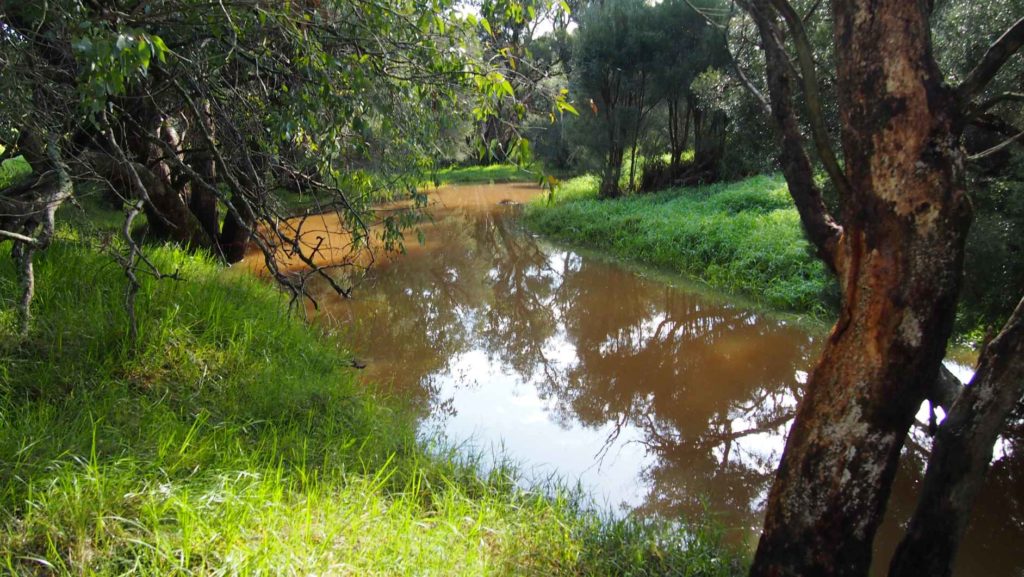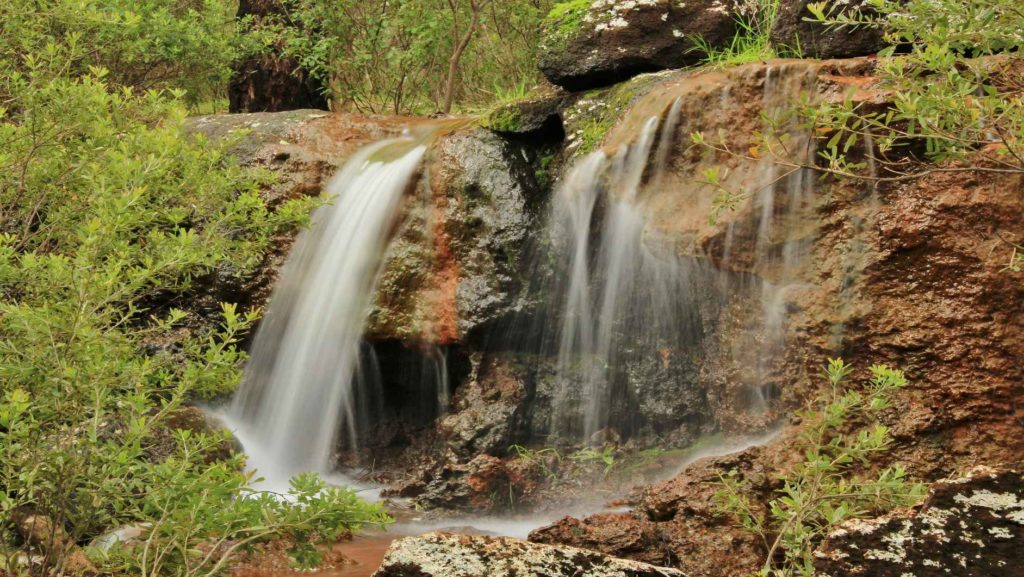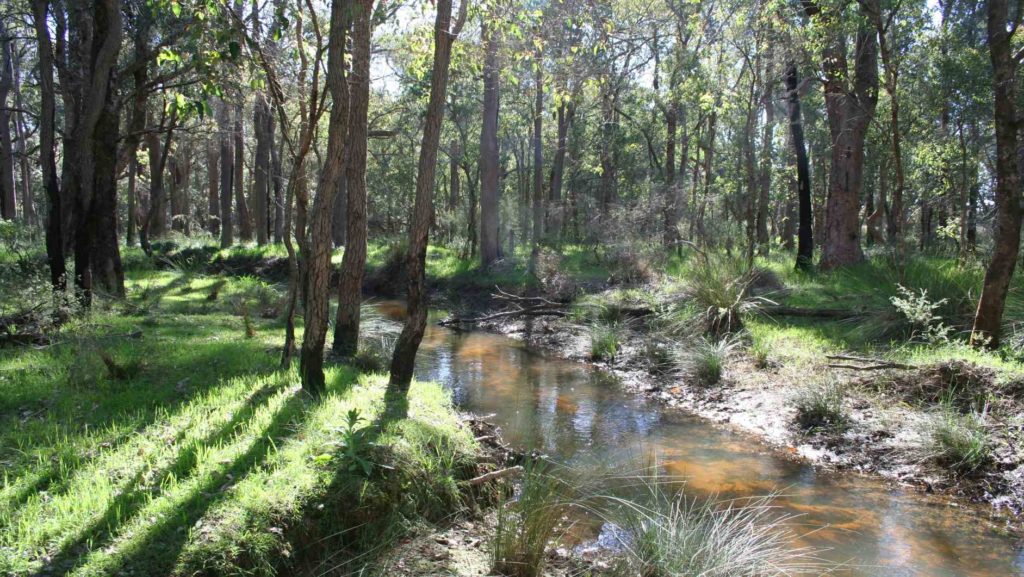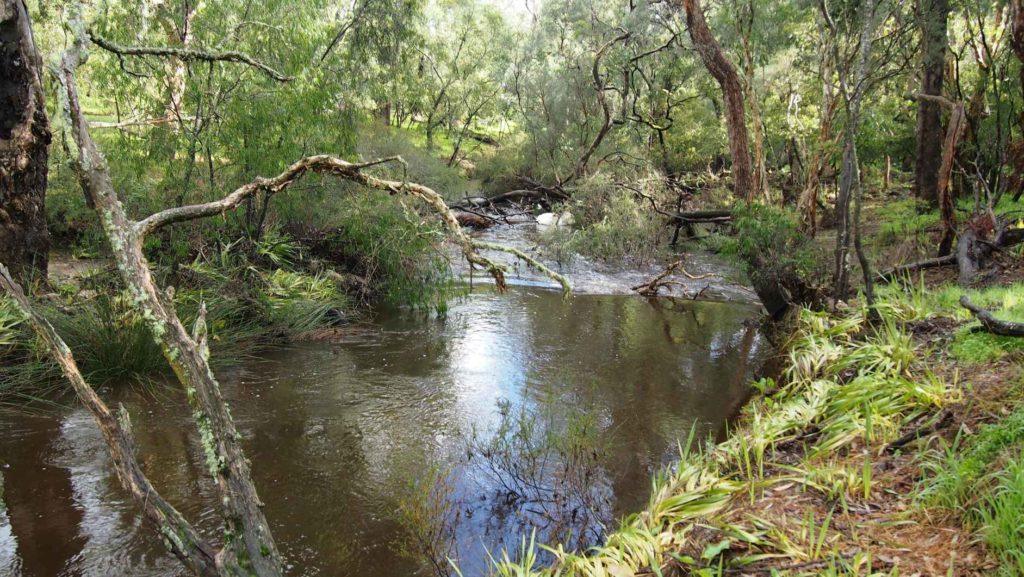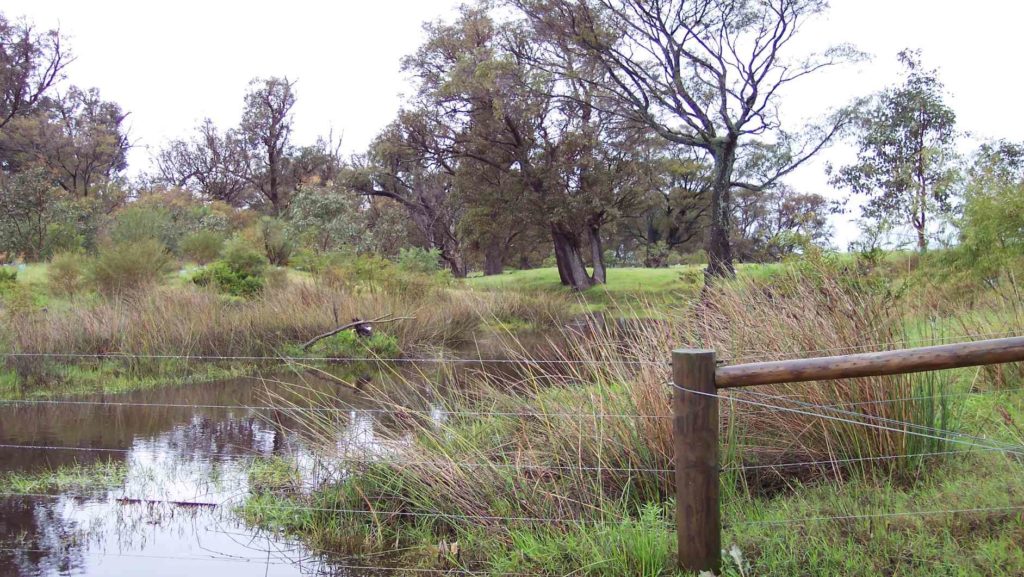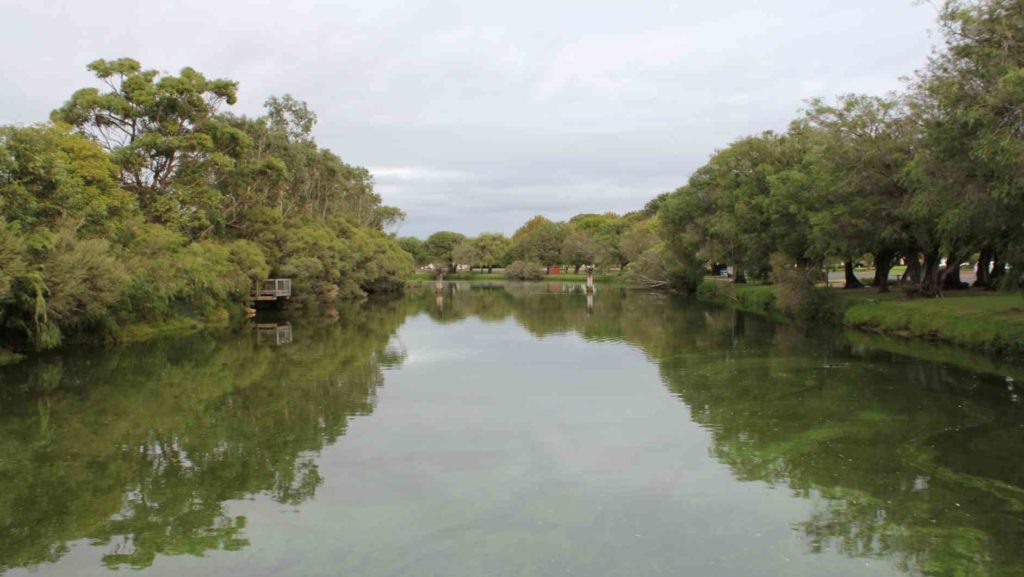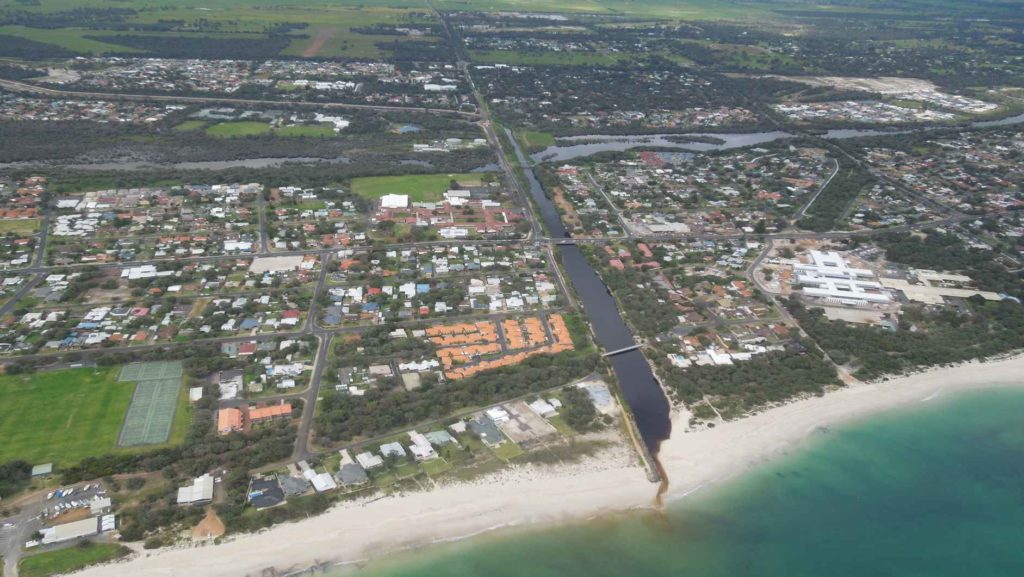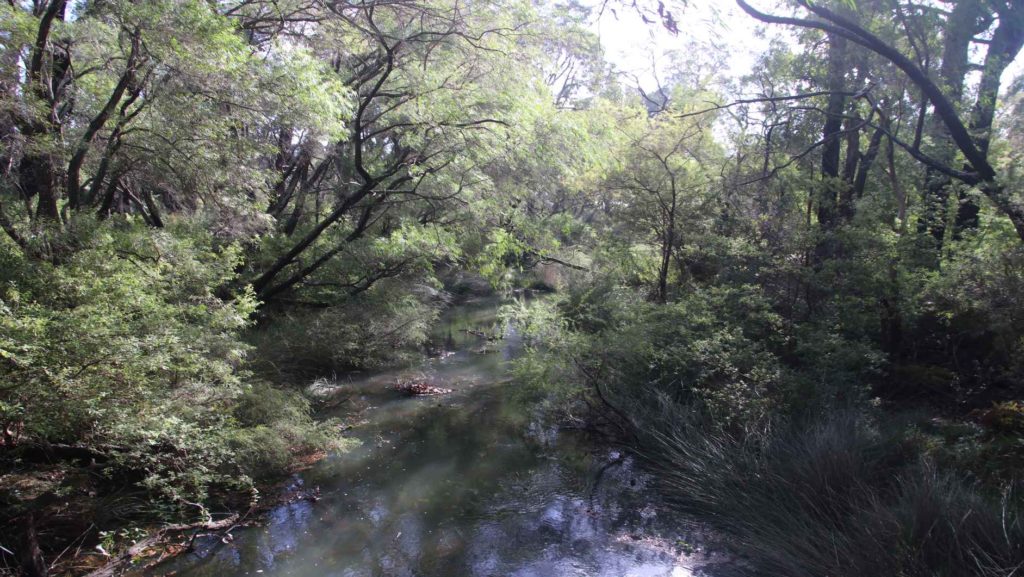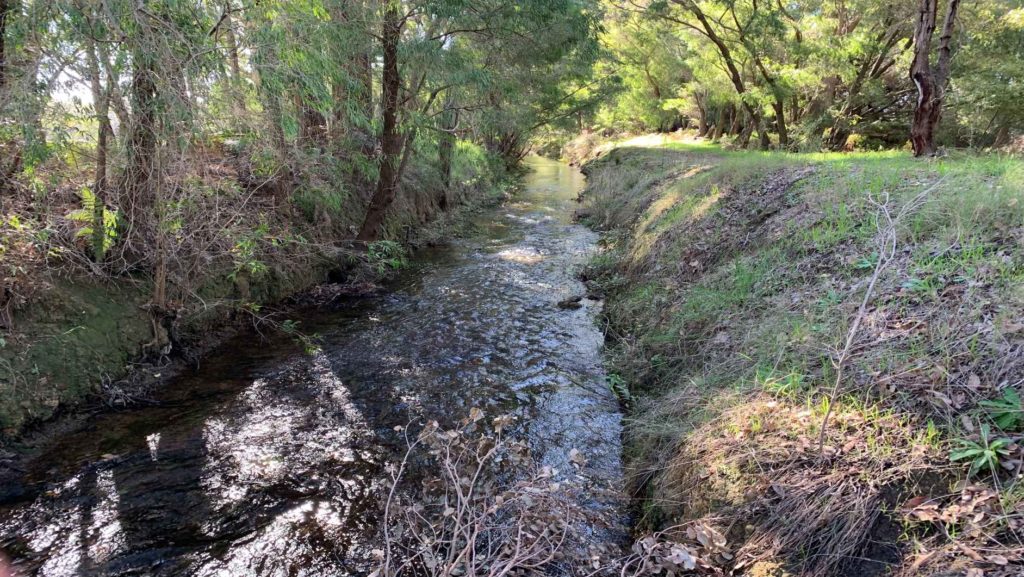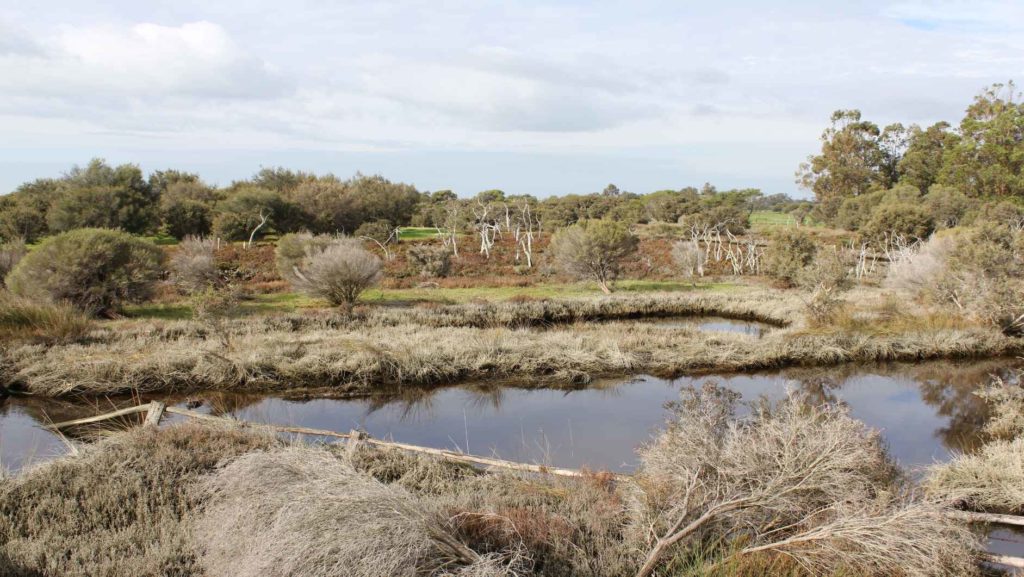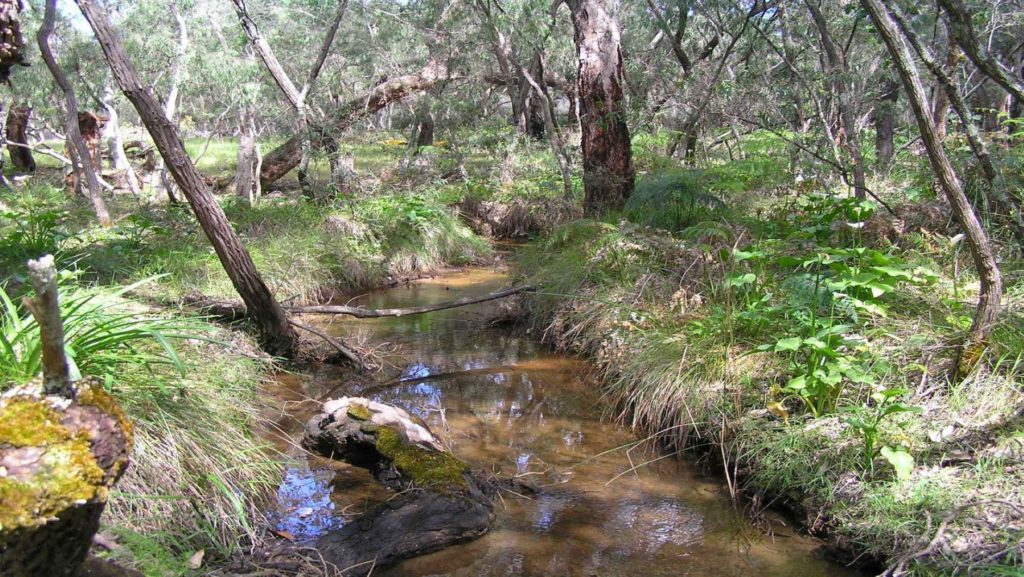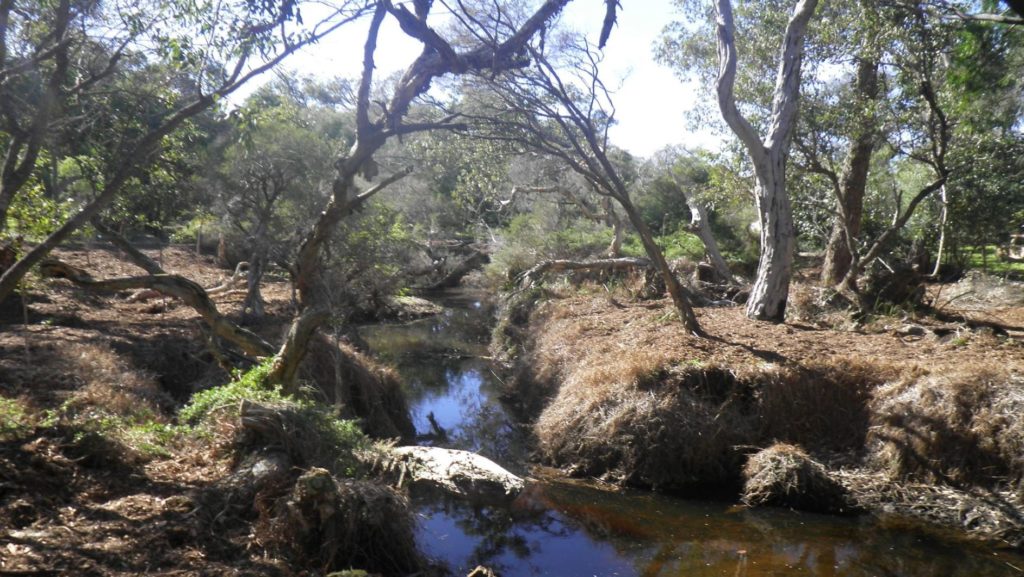Threats
Managing our natural resources.
There are many threats impacting natural resources in the Geographe Bay Catchment. Since the area was settled, the landscape has changed enormously and has seen the introduction of feral animals, pests and weeds. Our waterways have been modified extensively and vegetation cleared for agriculture and urban development. Climate change further threatens our natural environment and poses a challenge for future management.
Our community can support natural resource management by volunteering at local reserves or managing threats on their own property.
Arum lily
Arum lily (Zantedeschia aethiopica) is a robust, rhizome producing perennial plant native to South Africa. It was introduced to Australia, most likely by settlers in the mid-19th century, as an ornamental garden plant, and is now a serious South West weed in both pasture and bushland. It is often found in damp areas but is also prone to invading drier sites. Birds spread arum lily by eating the seeds and then defecating in neighbouring areas.
This weed invades areas of good quality native vegetation, often forming dense monocultures and outcompeting native understorey species. This reduces biodiversity and decreases habitat and food resources available for native animals.
Arum lily is poisonous to most stock, pets and humans. Symptoms can include swelling of the lips, tongue, and throat, stomach pain, vomiting and severe diarrhoea. Ingestion of the plant may be fatal. The toxicity is due to sequestering of calcium oxalate crystals and possibly other toxic compounds by the plant. Arum lily is a listed as a Declared Plant under the Biosecurity and Agriculture Management Act 2007.
Landholders in the Geographe Bay Catchment can access appropriate herbicide and instructions to treat arum lily by registering for Nature Conservation Margaret River’s Arum Lily Blitz. Pick up locations are currently available in Vasse and Dunsborough. The best time to manage arum lily is when 50 to 70% of the plants are in flower, usually August to October.
